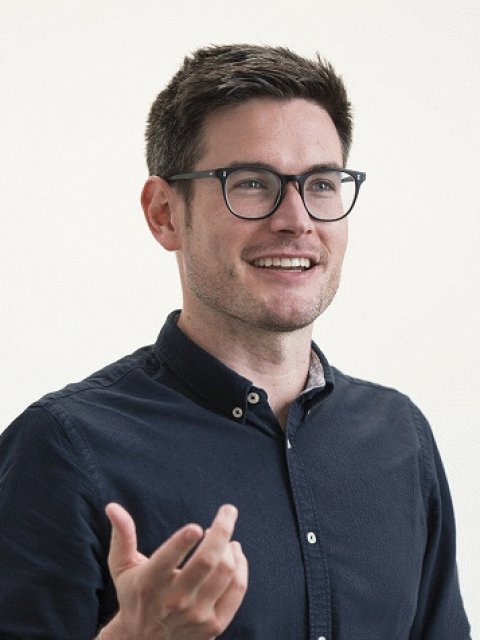At Hook, we are repeatedly asked by clients to help them understand the constantly shifting music map.
As an audience insight and media development agency, our research has explored all its facets, from the roles that different platforms and providers play in listeners' lives to shining a light on the factors influencing selection and choice, investigating what audiences are looking for in compelling audio experiences along the way.
BBC Radio is a key player in the UK's music landscape, catering to the audio needs of all listener types while also promoting a range of genres, movements and artists. To stay relevant, it is constantly innovating to appeal and connect with u-35 audiences: the next generation of listeners.
Given the BBC's need to appeal to new, young audiences, Hook was recently asked by BBC Radio to create a research process that helped it:
a) Connect with younger listeners and better understand the different levers that could encourage music sampling and discovery
and
b) Create a model informing how the BBC chooses, and develops programming around, music that appeals to younger audiences.
Modern listener needs are tricky to explore holistically, given that they encompass multiple macro and micro perspectives. In particular, the classic top-down model of mass-media, chart-driven music consumption has been complicated by the advent of on-demand streaming platforms, allowing users to curate music that suits their individual needs.
To overcome such barriers, Hook proposed a multi-method qualitative approach that would gather a nuanced, rich picture of u-35 music audiences' needs; explore new listening behaviours and attitudes to music discovery; and ultimately deliver insight to help the BBC develop a music strategy which enabled it to better engage with young audiences.
"Music discovery is at the very heart of the BBC's pop music stations. This research formed the basis of the first awayday of the newly-created pop music team, involving all our national pop stations, where we used it to review our music output and the pop portfolio's future strategy. It's led to active engagement across the whole department which is the hallmark of good research." (Lorna Clarke, Controller of Pop Music, BBC)
Structuring the research
There were certain factors we kept in mind when structuring this research:
- A vast range of genres (and sub-genres.) is available to UK audiences, and an inclusive recruitment process would be vital to ensure a comprehensive coverage of musical tastes and platform usage.
- A longitudinal element in the form of a Multi-Media Music Diary would be crucial for capturing respondents' everyday encounters with 'music' (kept purposefully broad to encourage diverse responses).
- An Online Community and Consumer Consulting Workshops created direct dialogues with audiences, capturing considered thoughts around music discovery and consumption. Additional Friendship Quads revealed how music is shared (and talked about) within social groups.
- We wanted collaboration to sit at the heart of this project. Running a hypothesis generation session at the mid-point of the research blended our findings with the deep, existing knowledge of the BBC Audiences team.
- Finally, we felt it would be important to identify where BBC Radio (and Sounds) sits within the broader music landscape. To pinpoint opportunities in messaging and positioning, we ran an extensive semiotic analysis of audio brands and where the BBC's different audio properties fit.
Implementing findings
Our research demonstrated that listeners' relationships with music have fundamentally evolved in the digital age. In particular, we found that the way young people are discovering and engaging with music has shifted dramatically.
Working closely with the BBC Audiences team, we developed a new model for engaging with these listeners that fully integrated the findings from the research and evolved the broadcaster's previous model of consumption to meet the needs of modern music audiences.
The insights we unearthed impacted each of the channels sitting under the BBC Radio umbrella (across linear and digital), reshaping the broadcaster's thinking around a key audience while also broadening radio teams' understandings of how younger listeners uncover new music.
This project demonstrates what can happen when you bring together client expertise with a robust and comprehensive qualitative process. Together, Hook and the BBC have managed to create a powerful, novel way of thinking about modern music consumers that is driving real change across BBC Music.
"Hook was a collaborative partner whose deep knowledge of the global music landscape and the BBC helped us drive real change in the organisation. It not only helped us to really understand how younger audiences discover music across a range of on-demand and live occasions, but its findings also spoke clearly to programme makers and the choices they make around editorial. Its work led to a review of every key music programme on every music station in our portfolio to ensure that we had the right balance of output to drive discovery of music. Ongoing, it continues to be influential work that informs our day-to-day thinking across the live music stations and BBC Sounds." (Jonathan Kanagasooriam, Content Strategy Lead, BBC Sounds)


